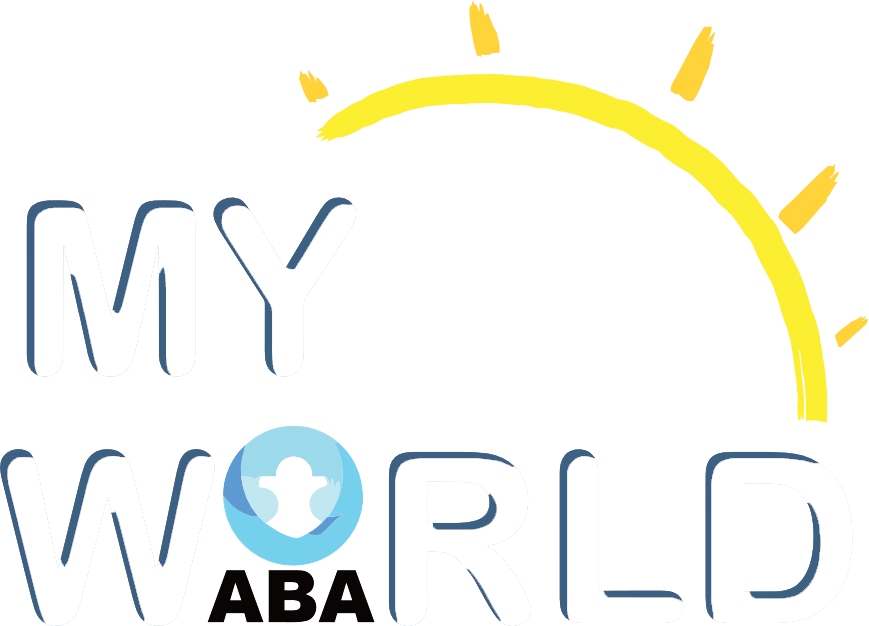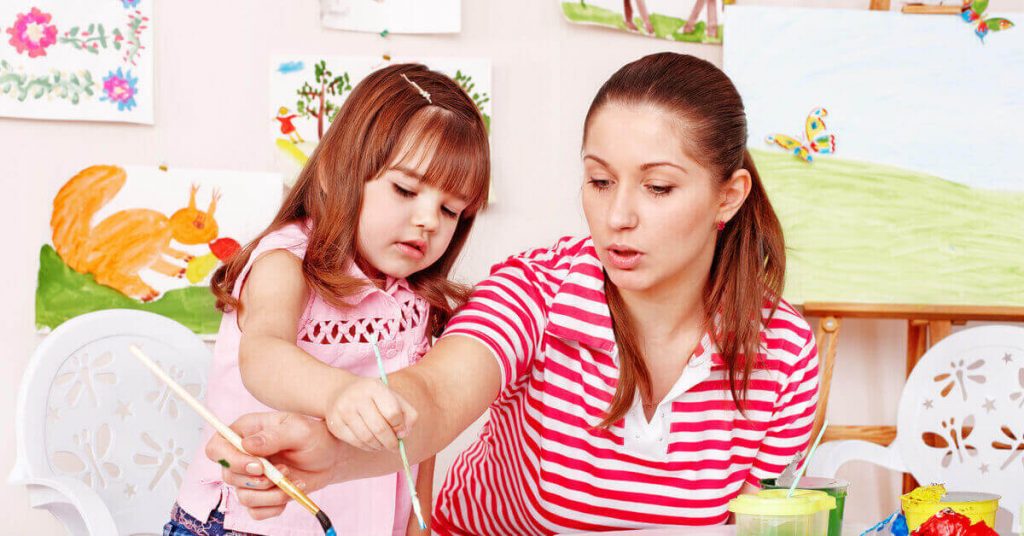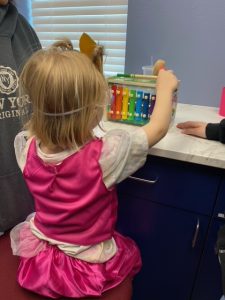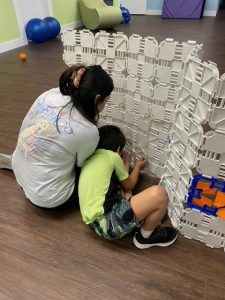Play therapy is a great way to learn more about your child’s needs without restricting or controlling their environment. Children with disabilities have specific ways of learning and understanding themselves in a confusing world. Today, My World ABA discusses how play therapy helps children with autism.
How Does A Child With Autism Play
Often children with disabilities have a hard time interacting with kids their age and prefer to play alone. At certain stages in development, children learn how to play together through imitation, pretend-play, and communicating with words. Children with autism lack some of these playful capabilities, making it difficult to connect socially. They often have no desire to interact with others resulting in exclusion from many playtime activities. Play therapy offers children the freedom to play in an open environment. This form of play helps them learn more about themselves under supervision from a licensed professional.
What Is Play Therapy and How Does It Work?
Play therapy is a form of guidance for children facing emotional, social, or behavioral difficulties. Like adult counseling, we use our words to express our emotions. Disabled children don’t have the vocabulary to voice themselves appropriately, making it difficult for adults to understand their feelings. However, they can express themselves using play techniques to work through their issues. Play therapy works by allowing the child to play with toys to disclose their problems and emotions unconsciously.
Play therapy is ideal for children struggling with:
- Anxiety
- Bullying
- Trama
- Children of divorced parents
- Abuse
- Behavior challenges
- Low confidence
How Is Play Therapy Effective For A Child With Special Needs?
The team at My World ABA understands the importance of genuine connections and focused efforts when it comes to children with autism. We believe play techniques provides a relieving effect for children to reveal complex thoughts or underlying worries. Children who have experienced traumatic or scary moments can revisit these scenarios and make sense of them in a healing and calming manner with their instructor. However, the best part about play therapy is the freedom to play the child wishes. Instructors facilitate this t
Therapy with a “you lead, I follow” mentality. The licensed instructors do not overwhelm the child with questions but instead counsel them to understand how or why they’re feeling a certain way.
The benefits of play therapy include:
- Creating healthy, positive, and trustworthy interactions for the child
- Building rapport with the instructor
- Helping children process their emotions
- A fun and constructive way to build connections with others
- Freedom to choose what and how to play
Play Therapy Techniques For Autistic Children
There are various ways to play suitable for the child and make them comfortable. These techniques are essential for building rapport, genuine social connections, and offering personalized child attention.
Play techniques range from:
- Bubbles
- Dolls
- Musical instruments
- Sand trays
- Blocks
- Interactive Books
- Costumes
Children benefit from play in numerous ways. At My World ABA, we work with your child to help them make sense of the world around them. We aim to provide a caring and nurturing environment to feel safe and open to be yourself.
Children Learn Play Skills My World ABA
Play therapy is beneficial for children with behavior or social difficulties. Through our play methods, children are free to express themselves and heal healthily. At My World ABA, in Springfield, MO, We offer an initial skill assessment to determine your child’s level of need. Play therapy delivers a consistent and accepting environment for your child to connect with others. Contact us online to learn more about our ABA treatment and therapeutic methods for your child. We offer an initial skill assessment to determine your child’s level of need.





